portfolios
- Index
- Quiet Existence
- falling waters
- Créateur de Temp
- other countries
- Descendants of Samurai
- snap photos
- works
- MADO
- Portraits
- Gabor gabor
-
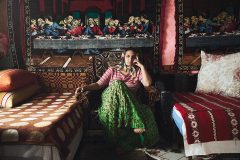
-

-

-
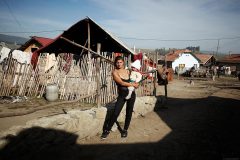
-
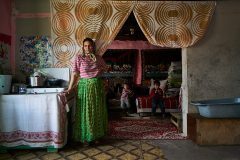 Quiet Existence 22
Quiet Existence 22
-
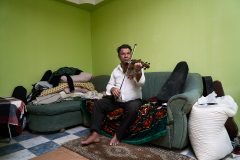 Quiet Existence 21
Quiet Existence 21
-
 Quiet Existence 20
Quiet Existence 20
-
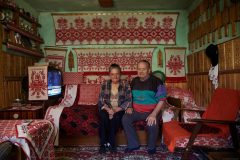 Quiet Existence 19
Quiet Existence 19
-
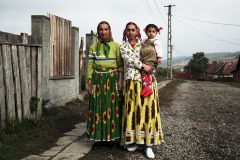 Quiet Existence 18
Quiet Existence 18
-
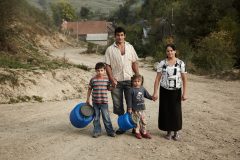 Quiet Existence 17
Quiet Existence 17
-
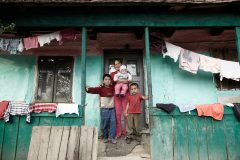 Quiet Existence 16
Quiet Existence 16
-
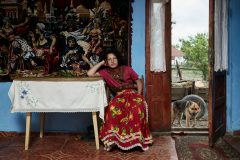 Quiet Existence 15
Quiet Existence 15
-
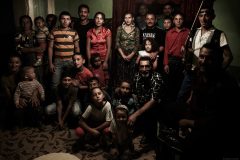 Quiet Existence 14
Quiet Existence 14
-
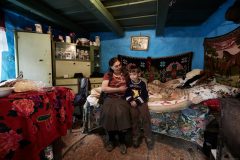 Quiet Existence 13
Quiet Existence 13
-
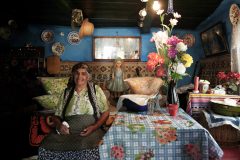 Quiet Existence 12
Quiet Existence 12
-
 Quiet Existence 11
Quiet Existence 11
-
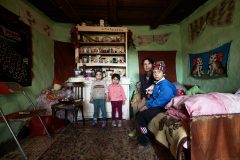 Quiet Existence 10
Quiet Existence 10
-
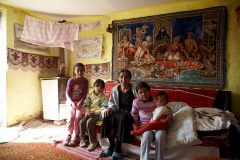 Quiet Existence 09
Quiet Existence 09
-
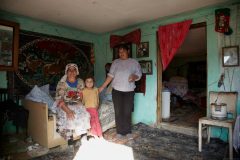 Quiet Existence 08
Quiet Existence 08
-
 Quiet Existence 07
Quiet Existence 07
-
 Quiet Existence 06
Quiet Existence 06
-
 Quiet Existence 05
Quiet Existence 05
-
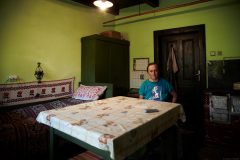 Quiet Existence 04
Quiet Existence 04
-
 Quiet Existence 03
Quiet Existence 03
-
 Quiet Existence 02
Quiet Existence 02
-
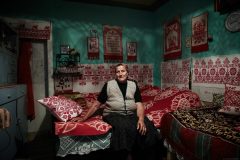 Quiet Existence 01
Quiet Existence 01
Statement
私には戦前の移民政策によって異国へと渡った親族がいた。
彼らはその地でマイノリティーとして生活している。
幼い頃から彼らの話を聞いていた私は、マイノリティーと呼ばれる人々への興味を抱いていた。
以前ドイツに滞在していた頃、身近にいた人物が少数民族であるロマだと後になって知った。
当時の私はロマに関する知識は皆無で、彼らの生活様式はただただ不思議に見えた。
それ以来、彼らが放つ強い個性に惹かれた私は、ロマが多く住んでいるという地域を訪ねた。
そこではロマ以外にも、マイノリティーとして生きている人々に数多く出会った。
彼らの営みに向き合うと、静かでありながらも強く息づくアイデンティティーが垣間見える。
私はそこに強く共感をおぼえた。
また、マイノリティーとして生きている人々は強烈な個性を維持していなければ、その文化を継続することが出来ないのかもしれない。
アイデンティティーとは一体何なのか。
その問いはまるで鏡のように、常に私自身にも返ってくる。
.
.
.
I have relatives who emigrated to a foreign country under a state-led migration policy during the pre-war period. They live as minorities in the country. Hearing stories about them as I grew up made me fascinated with people who are defined as minorities.
When I was staying in Germany, I later learned that the people who had been closed to me were Roma. I had absolutely no knowledge about Roma at that time and their lifestyle looked just so mysterious to me.
Since then, I had been drawn to their strong identity and I visited the area where many Romani people live. I met many other ethnic groups of people who live as minorities there.
When I faced their lifestyles, I could see their quiet yet strong identity behind them, which strongly resonated with me.
It might be impossible for minorities to maintain their culture without keeping their strong identity.
What is identity? The question always makes me ask myself what kind of individuality I retain.